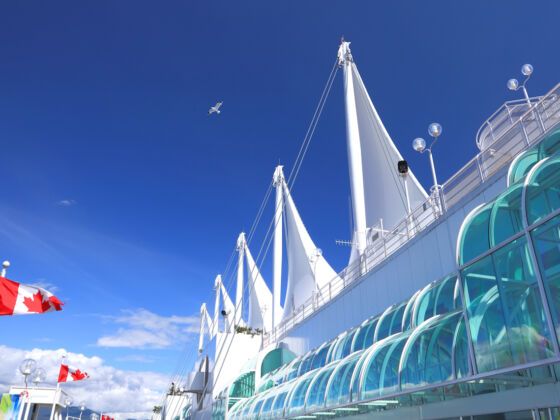Public Debt
Public debt is probably the most noticeable of issues affecting Vancouver, but it shouldn’t come as a surprise.
When you take infrastructure and security costs into count, no modern Olympics has ever made back all of the money spent to put the Games on.
